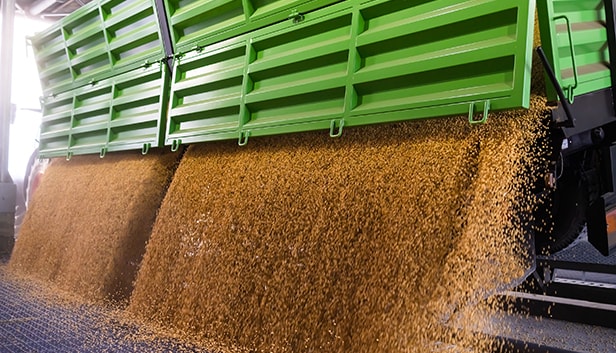Insights

Explore analysis and perspectives on markets, businesses, and the global economy

Business Viewpoints
Need to optimize liquidity? Consider equipment financing

Agri-Food Intelligence
How renewable diesel is a game changer for the U.S. soybean market

Treasury Insights
Instant payments drive new opportunities for growth and differentiation
Commercial Banking products and services are provided by Wells Fargo Bank, N.A. Wells Fargo Bank, N.A. is a bank affiliate of Wells Fargo & Company. Wells Fargo Bank, N.A. is not liable or responsible for obligations of its affiliates.
Wells Fargo Corporate & Investment Banking (CIB) and Wells Fargo Securities (WFS) are the trade names used for the corporate banking, capital markets, and investment banking services of Wells Fargo & Company and its subsidiaries, including but not limited to Wells Fargo Securities, LLC, member of NYSE , FINRA , NFA , and SIPC , Wells Fargo Prime Services, LLC, member of FINRA, NFA and SIPC, and Wells Fargo Bank, N.A., member NFA and swap dealer registered with the CFTC and security-based swap dealer registered with the SEC, member FDIC. Wells Fargo Securities, LLC and Wells Fargo Prime Services, LLC, are distinct entities from affiliated banks and thrifts.
Wells Fargo Bank, N.A. Member FDIC. Deposits held in non-U.S. branches are not FDIC insured.
PAR-1023-00431
LRC-1023

